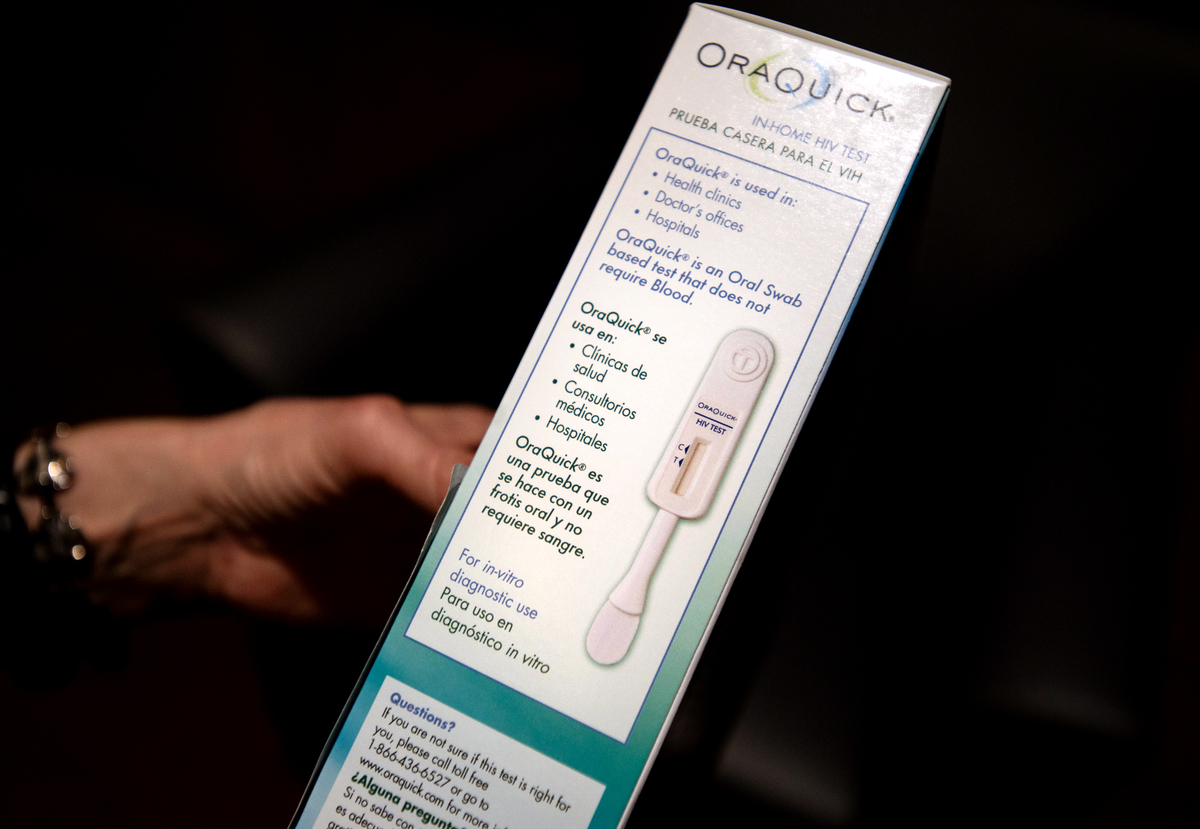New research indicates that the commonly prescribed antibiotic doxycycline may significantly lower the risk of developing schizophrenia in young people. Published in the American Journal of Psychiatry, this study reveals that adolescents treated with doxycycline through mental health services showed a 30–35% reduced likelihood of developing the mental disorder compared to those given other antibiotics.
The research team, comprised of experts from the University of Edinburgh, University of Oulu, and University College Dublin, analyzed extensive health care register data from Finland. They focused on over 56,000 adolescents who had received antibiotic prescriptions as part of their mental health treatment.
Schizophrenia, a severe mental disorder characterized by hallucinations and delusional beliefs, often emerges in early adulthood. The findings underscore the potential of repurposing existing medications like doxycycline as preventive measures against severe mental illnesses.
The researchers utilized advanced statistical modeling to assess the relationship between antibiotic treatment and the development of schizophrenia. They hypothesized that doxycycline’s anti-inflammatory properties and its role in brain development could contribute to its protective effect. This antibiotic is well-known for treating various infections and acne, but emerging evidence suggests it may also reduce inflammation in brain cells and influence synaptic pruning—a process crucial for brain maturation. Excessive synaptic pruning has been linked to the onset of schizophrenia.
While the study presents promising results, Professor Ian Kelleher, the lead researcher and Professor of Child and Adolescent Psychiatry at the University of Edinburgh, cautioned against drawing definitive conclusions regarding causality. He stated, “At present, though, we don’t have any interventions that are known to reduce the risk of going on to develop schizophrenia in these young people. That makes these findings exciting.”
Further analysis confirmed that the lower risk of schizophrenia among doxycycline-treated adolescents was not merely due to their treatment for acne, nor could it be attributed to other unobserved variables. This strengthens the case for further investigation into doxycycline and similar anti-inflammatory treatments within adolescent psychiatry.
As the medical community seeks effective interventions for mental health disorders, these findings highlight a potential new avenue for research. The study’s observational nature necessitates additional studies, including randomized controlled trials, to validate the protective effects of doxycycline.
The implications of this research could be profound, offering hope for new preventive strategies against schizophrenia in young individuals, a group often underserved in mental health care. Further exploration into this area could lead to significant advancements in addressing the challenges of severe mental illness.







